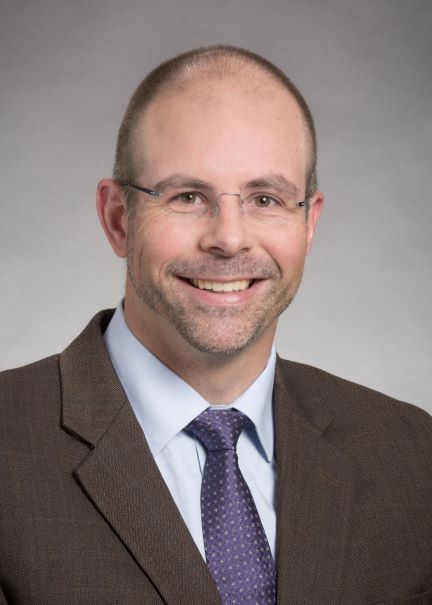Lauge
Sokol-Hessner
MD
biography
Dr. Sokol-Hessner is a practicing clinician, educator, mentor, researcher, innovator, and leader in patient safety and quality improvement. He began his work as a full-time clinician, and while his work has since diversified, his time caring for patients and families, and working with other health care professionals, continues to ground and motivate him. His experiences and vision are oriented toward building better learning systems and high reliability organizations by collaborating with patient & family advisors, clinicians, health system leaders, and other stakeholders.
As Associate Director of the Collaborative for Accountability and Improvement, and a Faculty Coach for the PACT Collaborative, he leads national work to sustain and spread more proactive, ethical, person-centered responses after harm events (commonly known as communication and resolution programs or CRPs). He is passionate about mentoring and is dedicated to developing the next generation of leaders in quality and safety. He loves living in the Pacific Northwest and is proud to contribute to the health of its people through his work at the University of Washington.
Education & Training
- MD, University of Pennsylvania, Philadelphia, PA (2003–2007)
- Internship and Residency in Internal Medicine, University of Pennsylvania, Philadelphia, PA (2007–2010)
Honors
- Boston Red Sox Medical All-Star (2018)
- Physician Leadership Development Program, Beth Israel Deaconess Medical Center (2013)
- Penn Pearls Medical Student Teaching Award, University of Pennsylvania School of Medicine (2010)
- Andrew I. Schafer Leadership in Medicine Award, University of Pennsylvania Internal Medicine Residency (2010)
- Maurice F. Attie Resident Teaching Award, University of Pennsylvania Internal Medicine Residency (2009)
- Alpha Omega Alpha (2006)
research & clinical interests
- High-reliability
- Hospital medicine
- Patient safety
- Person-centered care
- Quality improvement
- Serious illness communication




